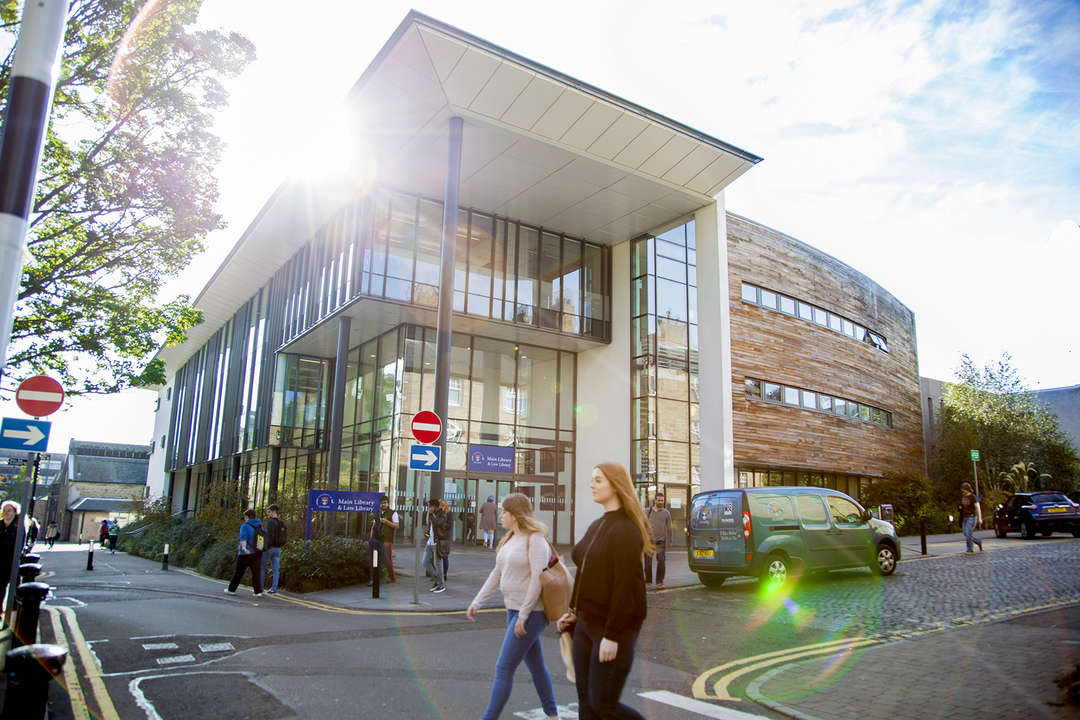In today’s academic landscape, sharing research findings is essential for progress and innovation. Researchers dedicate significant time and effort to their work, and Creative Commons (CC) licenses offer a means to share research openly while safeguarding intellectual property. This blog delves into the advantages of using CC licenses in academia, highlighting how they can amplify the impact of your research.
Understanding the Power of Licensing
Licensing your work appropriately opens your research, allowing others to engage with it without having to navigate legal barriers. Traditional copyright can be complex and restrictive, often leaving potential users uncertain about what they can and cannot do with your work. Creative Commons licenses simplify this process by providing a clear framework for sharing and reusing content.
One of the most significant advantages of using CC licenses is that they are free to apply and can be easily understood by both humans and machines. Organisations like Creative Commons offer resources and guidance to help you choose and implement the most suitable license for your work.
Try the Creative Commons License Chooser tool here.
Leveraging the Versatility of CC Licenses
CC licenses offer versatility, allowing customisation to match your preferences. Whether you want to let your work be used freely with no conditions or add a few restrictions, there is a CC license to suit you.
CC BY (Attribution)
- Allows others to distribute, adapt, and build upon your work.
- Requires proper attribution to the original creator.
CC BY-SA (Attribution – Share Alike)
- Permits adaptation, distribution, and building upon your work.
- Users must provide attribution and license their derivative work under the same terms.
CC BY-ND (Attribution – No Derivatives)
- Allows distribution of your work, but not adaptation.
- Attribution is required.
CC BY-NC (Attribution – Non Commercial)
- Permits adaptation and distribution for non-commercial purposes only.
- Requires proper attribution.
CC BY-NC-SA (Attribution – Non Commercial – Share Alike)
- Allows adaptation and distribution for non-commercial purposes.
- Requires attribution and that derivative works use the same license.
CC BY-NC-ND (Attribution – Non Commercial – No Derivatives)
- Allows distribution for non-commercial purposes and prohibits adaptation.
- Attribution is mandatory.
Dispelling Misconceptions
It’s important to distinguish between copyright and licensing. Copyright establishes ownership, while licensing defines how others can use your work. Creative Commons licenses are designed to grant permissions to others while preserving your intellectual property rights.
It’s natural to have concerns about protecting your work and ideas when sharing them openly. However, applying a CC BY license doesn’t mean that someone else can take credit for your work or claim your ideas as their own. Your authorship is always recognised, ensuring that you receive proper attribution for your contributions.
Embracing the Digital Age
In today’s digital era, licensing is crucial for ensuring global accessibility and protection against misuse. Licensing allows control over access in a world of generative AI tools and machine-reading technologies. Licensing your work appropriately ensures that it can be used or excluded from these emerging technologies as you see fit.
Meeting Funder Requirements
Many research funders, including Wellcome Trust, UKRI, and CRUK, require CC BY licenses for journal articles and research outputs. These funders value open access and understand the benefits of Creative Commons licenses in disseminating knowledge. Publishers often accommodate these requirements, facilitating compliance with funder mandates.
How we can help
By employing Creative Commons Licenses, you can effectively share your research with the world while retaining control over your intellectual property. Library Research Services can offer guidance on licensing your work, embedding machine-readable licenses into PDFs, and assisting in meeting research funder licensing requirements.
Get in touch with Library Research Services by emailing discovery@dundee.ac.uk or book a meeting to discuss Licensing.


Leave a Reply